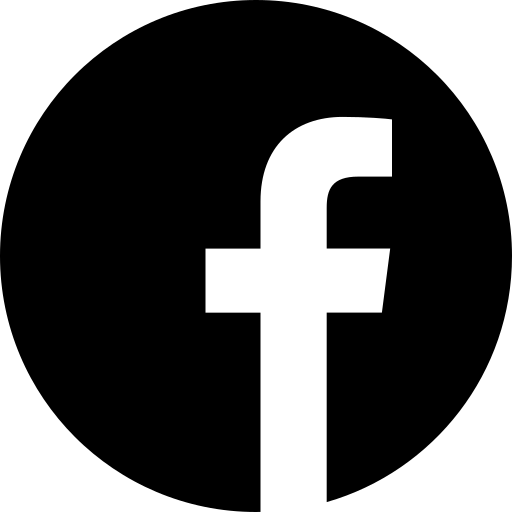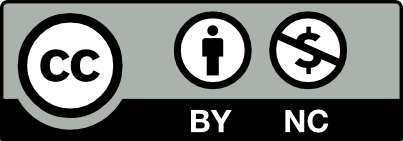Simulation of a Novel Junction-less Solar Cell Structure Using PC-1D Software
DOI:
https://doi.org/10.51646/jsesd.v10i2.113Keywords:
Junction-less solar cells , Photovoltaic sources , uniform gradient doping , Dember potential , PC1DAbstract
The continues demand for Photovoltaic device improvement has led us to search for new sources of photovoltaic action. For that, this paper proves the existence of other sources for photovoltaic action in addition to the main source which is the built-in electrostatic fild generated through controlled composition gradient
These new sources are uncovered through mathematical examination of a specifi material system followed by the construction of four-layer p-type semi-conducting materials (i.e., without pn-junction formation). First three layers of this specifi material system are fabricated with AlxGα1-xAs with diffrent Aluminum fractions, while the fourth layer is fabricated with Ge with a diffsed back surface fild (BSF) layer to reduce surface recombination velocities (SRV).
The complete structure is analyzed using the PC-1D simulation softare, and it shows that the junctionless structure possesses the photovoltaic action with low performance.
Downloads
Metrics
References
. S.Parasuraman:Fundamentals of Electronic Materials and Devices https://drive.google.com/fie/d/1DDunT6xdKZqb74 lWWEoPIUdzmYbM33W2/view
. Adegbenro Ayodeji: Comparison Of Novel And State Of Th Art Solar CellS, June 2016
. R.W Miles and K. M. Hynes. Photovoltaic solar cells: An overview of state-of-the-art cell development and environmental issues. University of Northumbria. Newcastle, UK. November 2005.
. Xiyang Cai, Xinjie Zhou, Ziyi Liu, Fengjing Jiang, Qingchun Yu: An in-depth analysis of the silicon solar cell key
parameters’ optimal magnitudes using PC1D simulations. Optik - International Journal for Light and Electron Optics,
February 2018.
. Abubaker Ben Othman, Khaled M. Dadesh: Numerical modelling of solar cells structures, May 2003.
. Preeti Jha, Vibha Tiwari: Design and degradation performance analysis of a 3 junction’s solar cells using PC1D.
International Journal of Advance Engineering and Research Development. Volume 5, Issue 05, May -2018.
. Nordine Sahouane, Abdellatif Zerga: Optimization of antireflction multilayer for industrial crystalline silicon solar
cells, 2014
. Simon P. Philipps, Frank Dimroth and Andreas W. Bett: High Effiency III–V Multijunction Solar Cells.,2013. DOI: https://doi.org/10.1016/B978-0-12-386964-7.00012-3
. Zhaosheng Hu, Zhenhua Lin, Jie Su, Jincheng Zhang, Jingjing Chang: A Review on Energy Band-Gap Engineering for Perovskite Photovoltaics, September 2019
. Stephen J. Fonash: Solar Cell Device Physics. Academic Press,1981.
. Würfel, Uli, Andres Cuevas, and Peter Würfel. “Charge carrier separation in solar cells”. IEEE Journal of Photovoltaics. January 2014.
Downloads
Published
How to Cite
Issue
Section
License
Copyright (c) 2022 Solar Energy and Sustainable Development Journal

This work is licensed under a Creative Commons Attribution-NonCommercial 4.0 International License.














